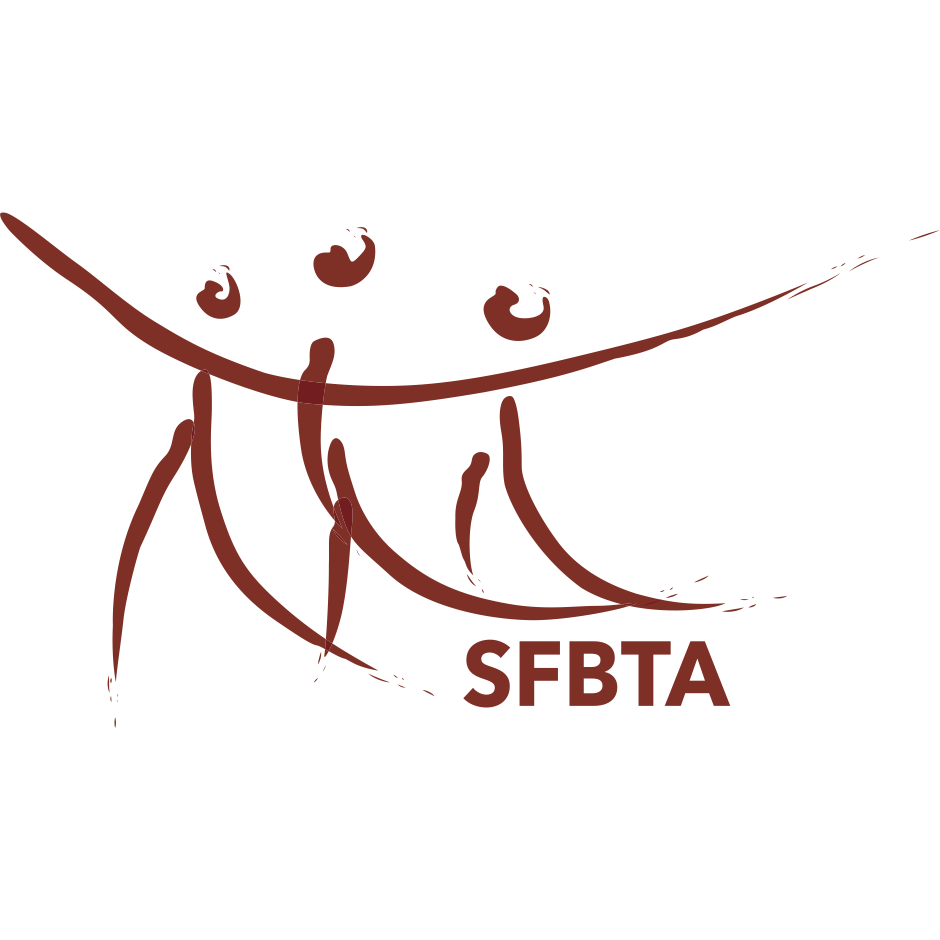Finding Solutions in the Sandtray. 9-12pm – $40.00
Presenters: Courtney Guhl Huckabay & Elizabeth Taylor
Research Day. 9-12pm – $40.00
The Research Day is hosted by the SFBTA Research Committee
SFBT 101. 9-4:30pm (lunch break on own) – $60.00
Presenter: Joel Simon
Solution Focused Communication: A Powerful Tool in Creating Psychologically Safe and Trauma-Informed Cultures that Foster a Sense of Community. 1:30-4:30pm – $40.00
Presenters: Nilusha Jiwani-Ebrahim, Kavita Bhatla, Valerie D’Paiva
